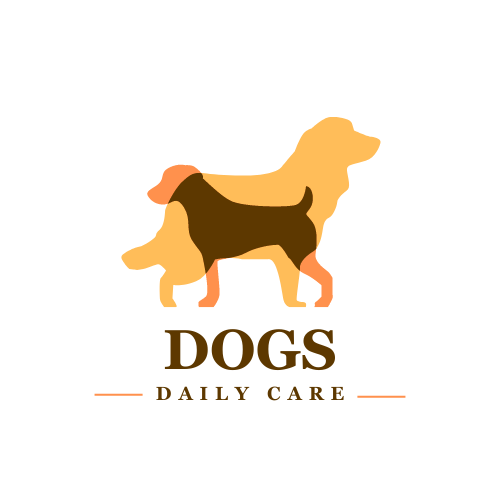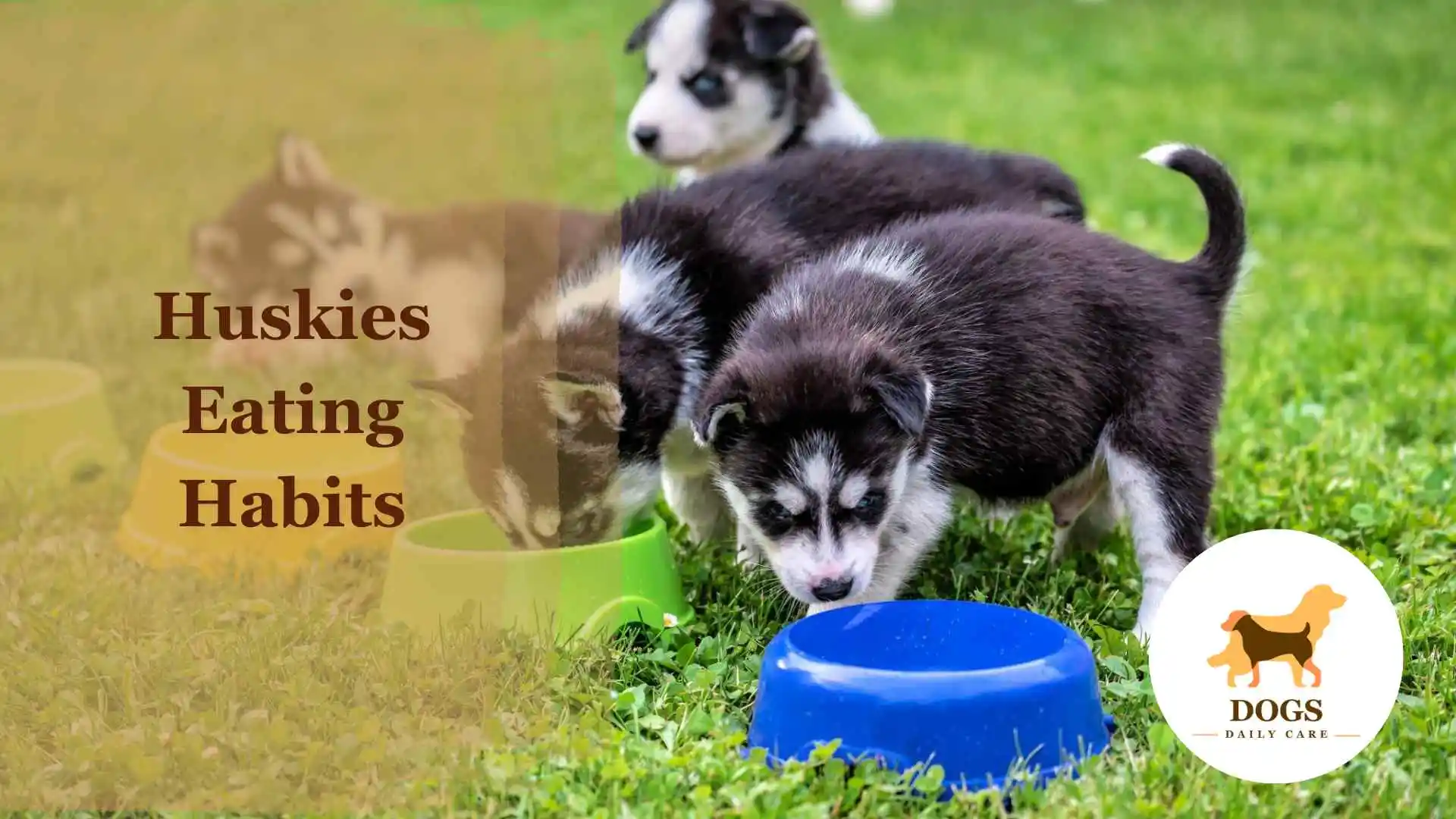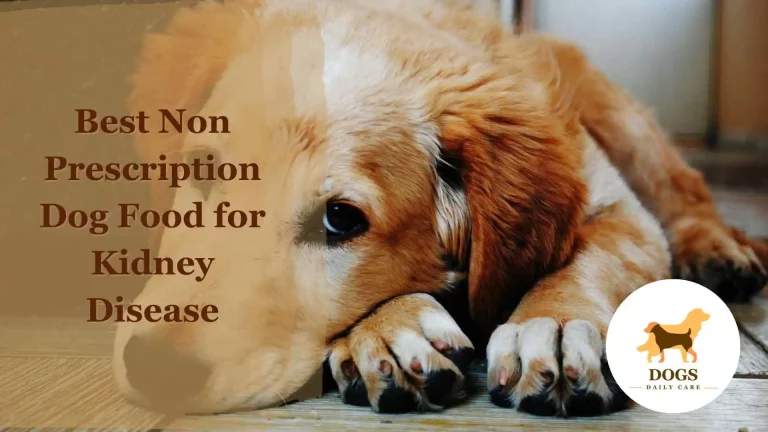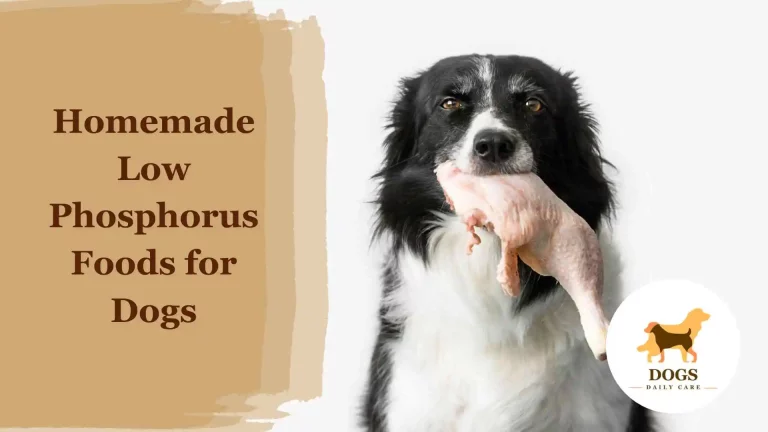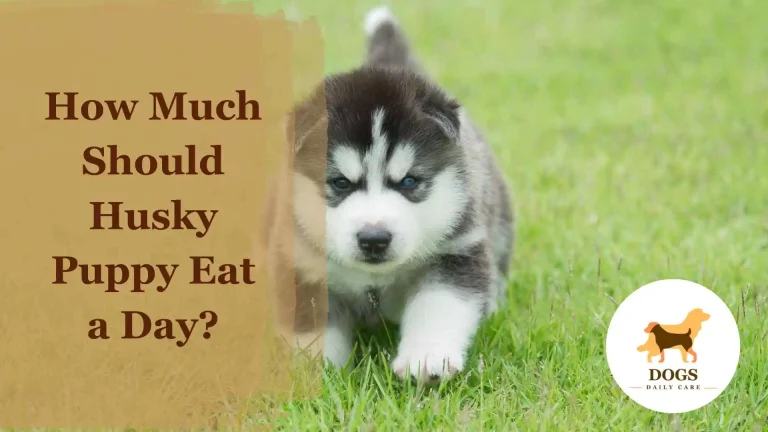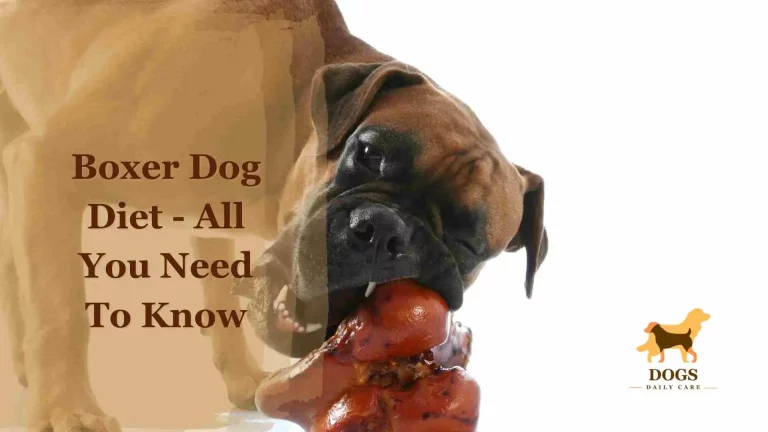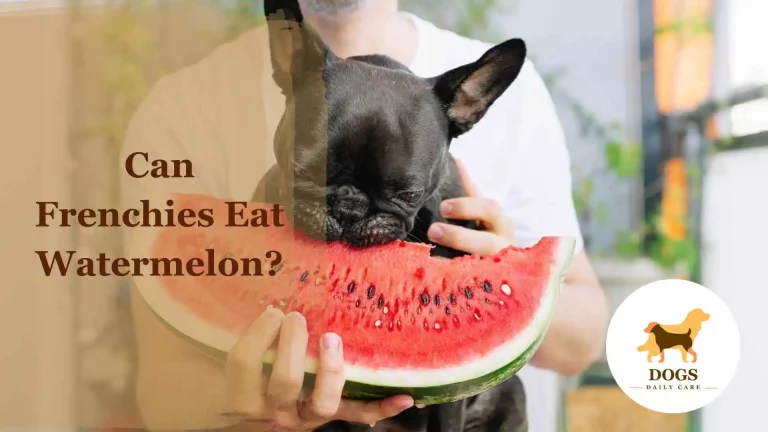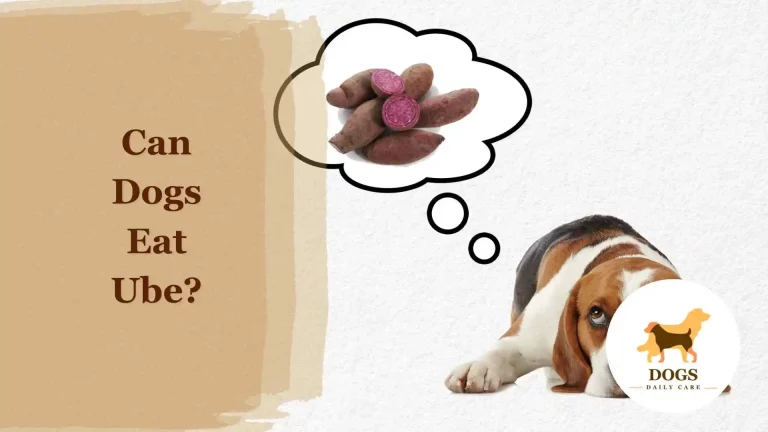Huskies Eating Habits – All You Need To know
The Siberian Husky, with its striking blue eyes and wolf-like appearance, is not just a head-turner but also a breed with unique dietary needs. Originating from the chilly regions of Siberia, these dogs were historically bred to pull heavy sleds over long distances. Consequently, their metabolism and dietary requirements differ from many other breeds. As husky owners or enthusiasts, understanding these eating habits is crucial to ensuring a healthy, vibrant life for these majestic canines.
Huskies are not just your average pet; they come with an ancestry that thrived in harsh conditions. This history influences their current eating patterns and preferences. And while they might occasionally give you those pleading eyes for a bite of your pizza, it’s essential to know what truly benefits their health.
In this guide, we’ll delve deep into the husky’s diet, uncovering the evolutionary factors that shape their eating habits, and offering practical advice for feeding them. Whether you’re a proud husky parent or considering adopting one, this post is your go-to resource for ensuring they get the best nutrition possible.
Essential Nutrients for Huskies
Every dog breed has its unique dietary needs, and huskies are no exception. To keep them healthy and full of energy, it’s crucial to understand the nutrients vital for their wellbeing.
Macronutrients: The Big Three
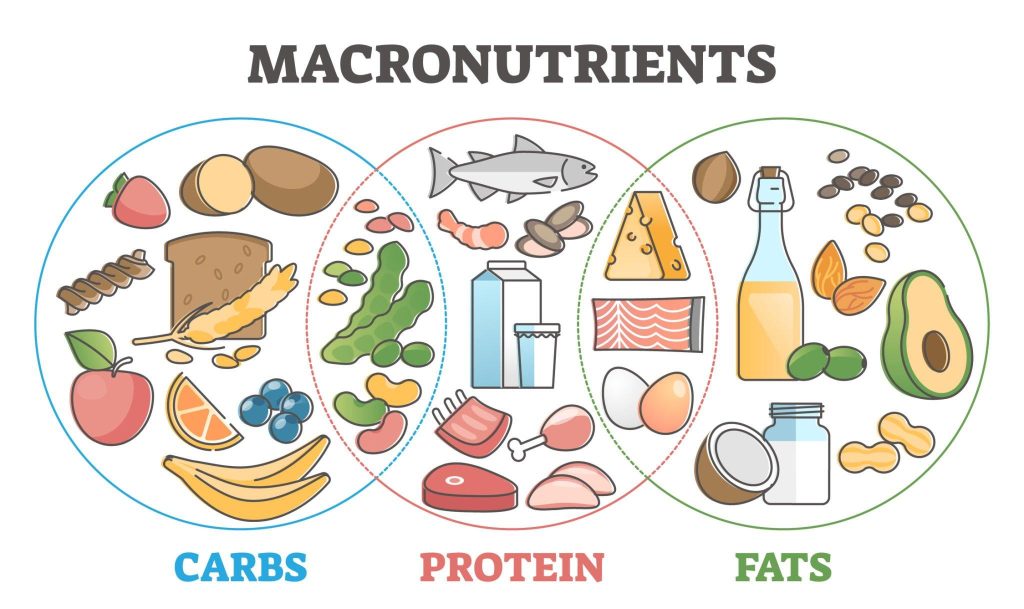
- Proteins: Huskies need protein, and plenty of it. This nutrient supports muscle growth and repair. Think of chicken, beef, or fish when considering quality protein sources for them.
- Fats: These provide the primary energy source for huskies. Essential fatty acids, like omega-3 and omega-6, contribute to a shiny coat and healthy skin. Fish oil is a great source!
- Carbohydrates: While not their primary energy source, carbs offer sustained energy for these active dogs. Sources like sweet potatoes or brown rice can be beneficial in moderate amounts.
Micronutrients: The Small Yet Mighty
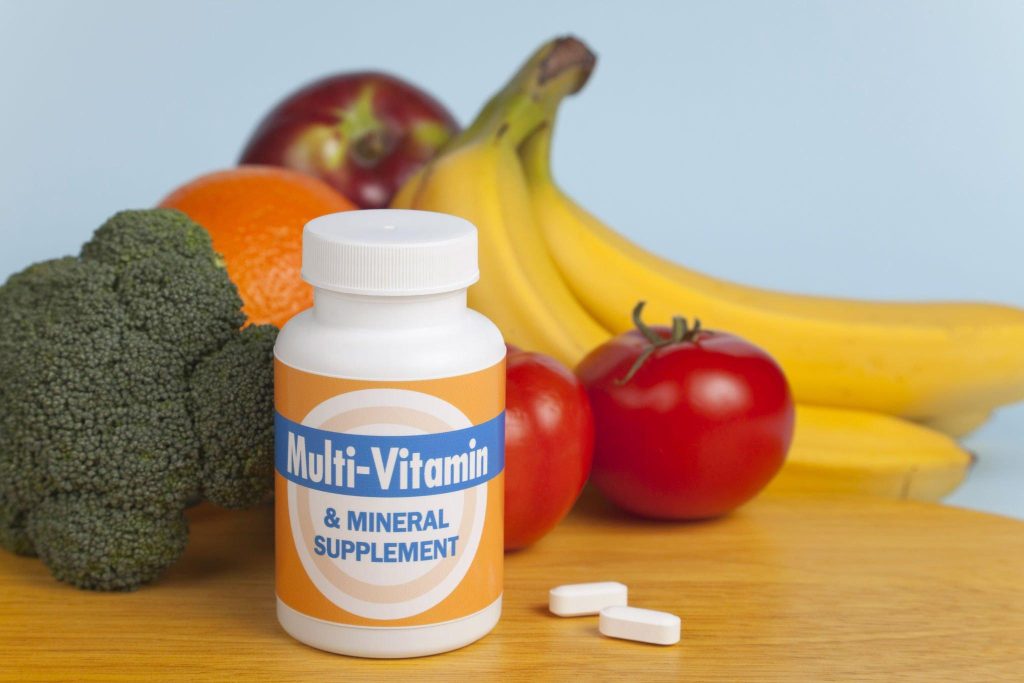
- Vitamins: Vitamins play a key role in a husky’s health. For instance, vitamin A promotes good vision, while vitamin E supports skin health.
- Minerals: Calcium for strong bones, and iron for healthy blood are just two of the vital minerals for huskies. Ensure their diet has a balanced mix to keep them at their best.
Water: The Unsung Hero
Never underestimate the importance of water. Huskies, like all dogs, need a constant supply of fresh water. It aids digestion, keeps them cool, and supports overall body functions.
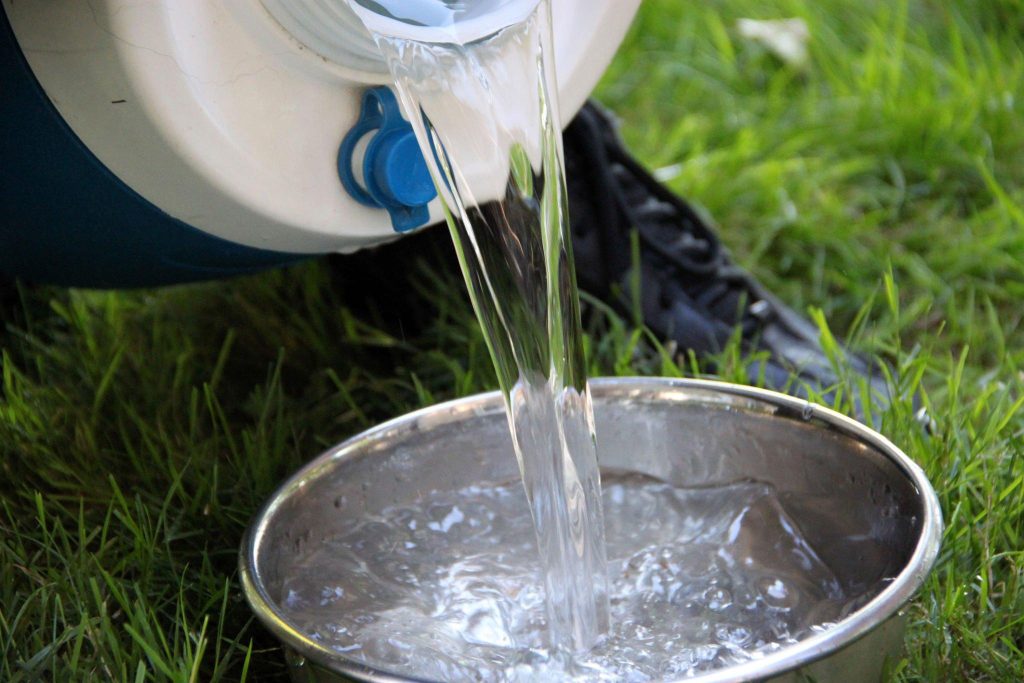
In summary, providing a balanced diet, rich in these essential nutrients, is the cornerstone of your husky’s health. Tailor their meals with these requirements in mind, and you’ll have a happy, energetic companion by your side.
Common Feeding Mistakes Husky Owners Make
Having a husky is a joy, but feeding them isn’t always straightforward.
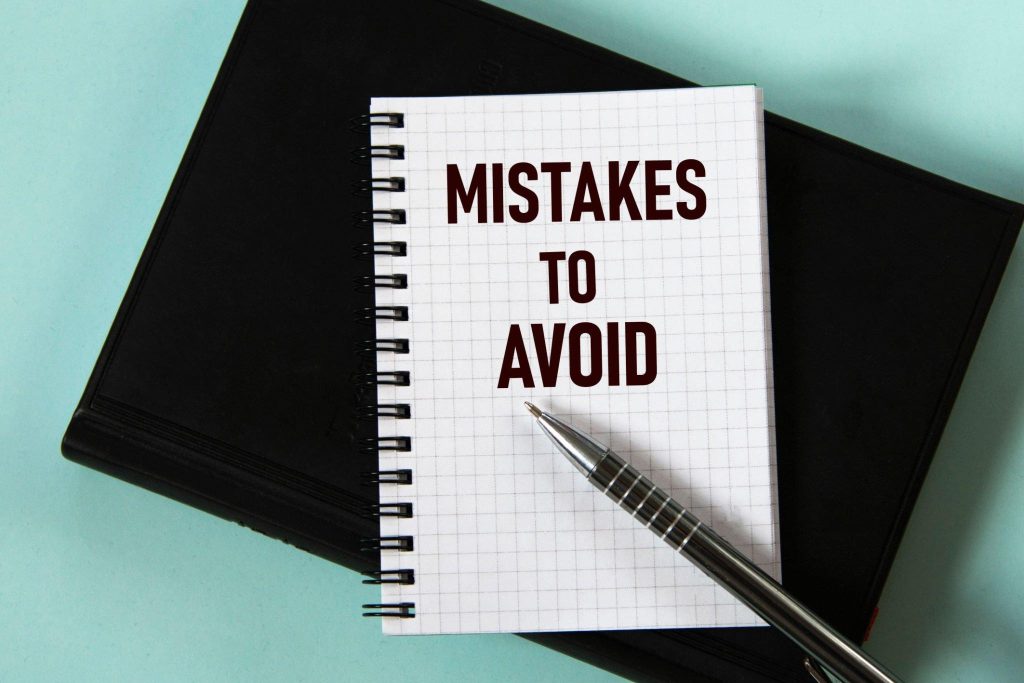
Let’s dive into some frequent missteps husky owners might make and how to avoid them.
1. Overfeeding: The Generous Mistake
Huskies have a way of looking hungry all the time. But giving in to those pleading eyes can lead to obesity. Remember, while they’re active, they also have an efficient metabolism. Stick to recommended portions and monitor their weight.
2. Human Food Temptations
We all love sharing with our furry friends, but human food isn’t always husky-friendly. Foods like chocolate, grapes, and onions can be toxic. Always check if a food is safe before offering a bite.
3. The Raw Food Myth
Many believe a raw food diet is best because it’s “natural”. However, it’s not always the ideal choice for huskies. Raw food can contain harmful bacteria and might lack essential nutrients. If considering this route, consult a vet first.
4. Grain-Free Isn’t Always Great
There’s a trend to feed dogs grain-free diets. While some huskies might benefit due to allergies, not all need it. In fact, certain grain-free foods have been linked to health issues. Balance is key.
In conclusion, feeding a husky requires knowledge and vigilance. Avoiding these common mistakes ensures your husky stays healthy, happy, and ready for the next adventure.
Ideal Feeding Schedule for Huskies
Feeding your husky isn’t just about what they eat; it’s also about when they eat. Let’s unravel the ideal feeding schedule for these energetic pooches.
1. Puppies: Tiny Tummies, Frequent Feedings
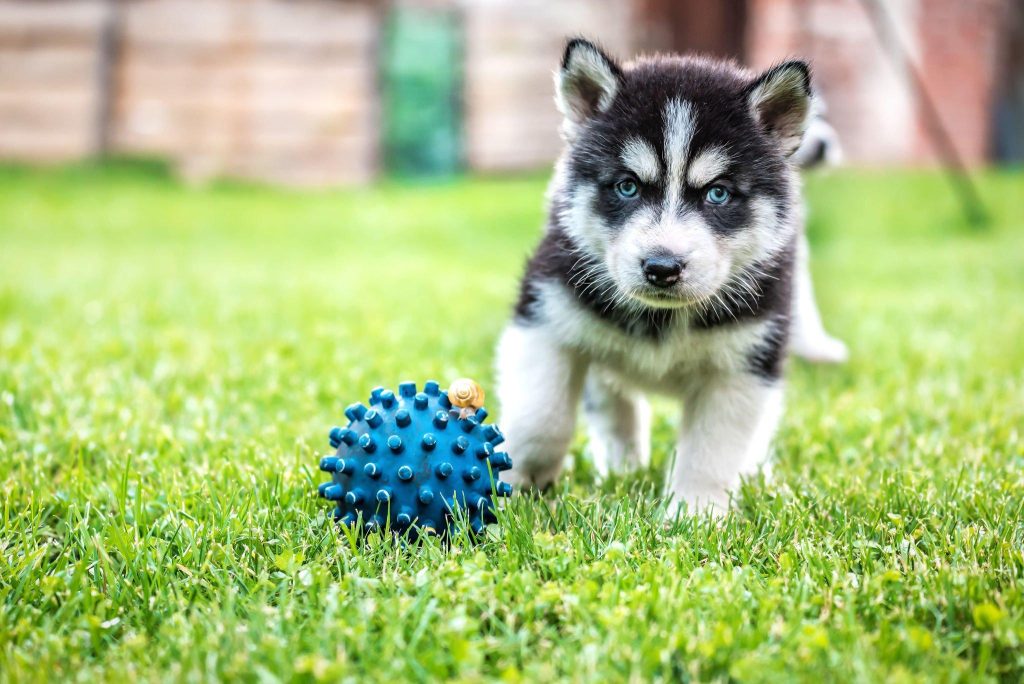
Husky puppies have lots of growing to do! During their first few months, they need to eat 3 to 4 times a day. It provides consistent energy for play and growth. As they approach adulthood, you can start reducing the frequency.
2. Adults: Consistency is Key
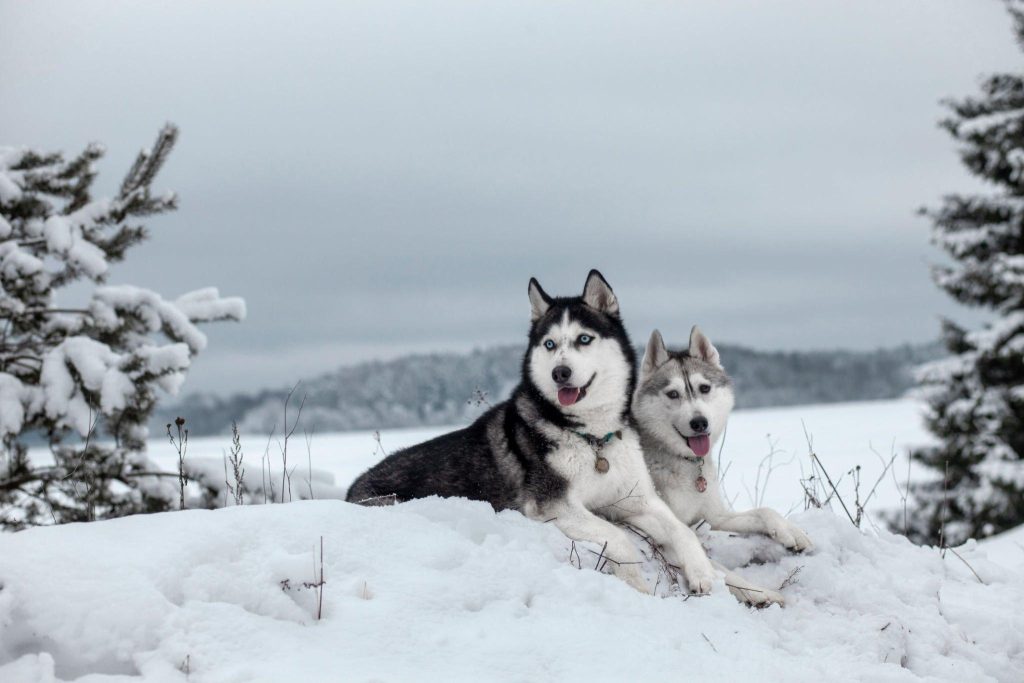
For grown-up huskies, twice-a-day feedings are usually ideal. Morning and evening meals help spread out their energy intake. This way, they won’t feel too full or too hungry at any point.
3. Activity Matters
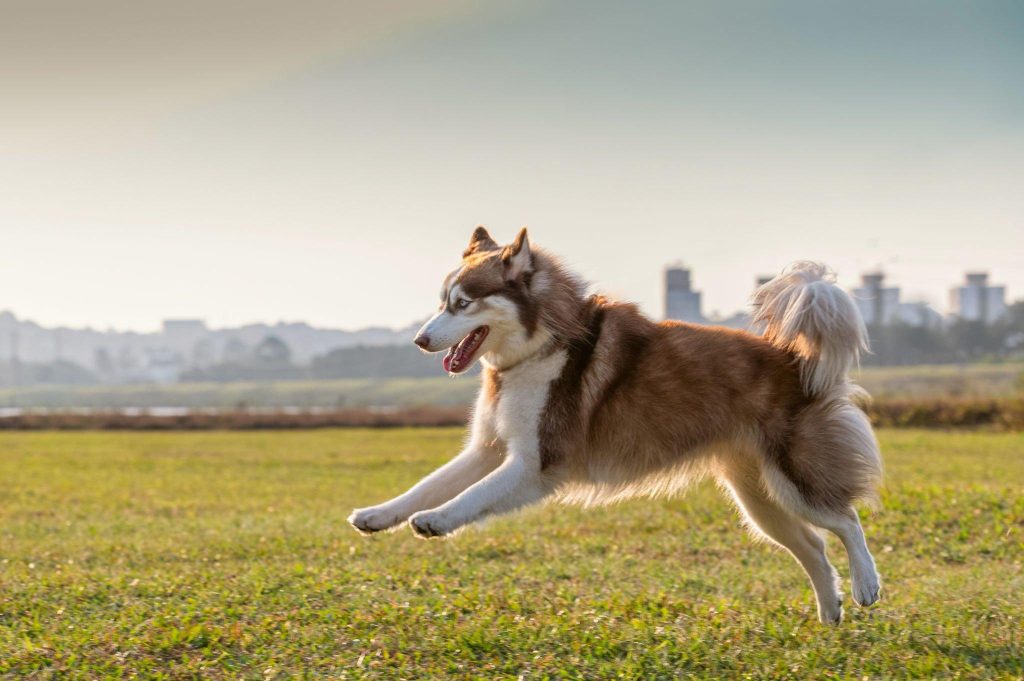
Got an extra playful husky? They might need more food! If they’ve had a big day of running or playing, consider adding a bit more to their bowl. But if it’s a lazy day, maybe cut back a smidge.
4. Monitoring Meal Times
Every husky is unique. Keep an eye on their weight and energy levels. If they seem sluggish or are gaining too much weight, adjust their portions. Remember, it’s a balance between food intake and activity.
To wrap it up, feeding schedules for huskies are all about rhythm and response. Find a routine that works, and be ready to tweak it based on your husky’s needs. They’ll thank you with wagging tails and joyful zoomies!
Special Dietary Considerations for Huskies
Huskies are a unique breed, and sometimes their diet needs a little extra attention. Let’s explore some special dietary considerations to keep your husky in top shape.
1. Allergies: Sniffing Out the Culprits
Just like us, huskies can have allergies. Common culprits include certain proteins, grains, or additives. If your husky’s itching, losing fur, or has digestive issues, it could be food-related. A vet can help pinpoint the problem.
2. Medical Conditions: Tailored Diets
Some huskies face health challenges like hip dysplasia or eye issues. These conditions can benefit from specific diets. For instance, supplements like glucosamine can support joint health. Always consult a vet for tailored advice.
3. Weight Watch: Keeping the Pounds in Check
Huskies can gain weight if they’re overfed or under-exercised. If your husky’s looking a bit round, consider a weight management food. These have fewer calories but still offer all the essential nutrients.
In short, while huskies are generally hardy, they can have specific dietary needs. Being attentive to these special considerations ensures your furry friend stays healthy and happy for years to come.
Treats, Snacks, and Supplements for Huskies
Everyone loves a good treat, especially our husky pals. But what should you know about giving treats, snacks, and even supplements to these furry friends?
1. Healthy Treats: Reward the Right Way
Huskies love treats, but it’s best to opt for healthy ones. Think lean meats, veggies like carrots, or specially formulated dog treats. Remember, treats are extras, so keep them occasional and not a daily feast.
2. Snack Time: Keep it Husky-Safe
It’s tempting to share snacks, but some human foods are no-nos for dogs. Avoid chocolates, grapes, or anything spicy. Instead, offer them dog-safe fruits or their favorite chew toy.
3. Supplements: A Helping Hand
Not all huskies need supplements, but some might benefit. Omega-3 fatty acids can boost skin health, while glucosamine supports joints. Before diving into supplements, chat with your vet to see what’s best.
In a nutshell, while it’s great to spoil our huskies now and then, it’s vital to ensure their treats and snacks are safe and nutritious. And if you’re considering supplements, always get expert advice first.
Transitioning Diets and Brands for Huskies
Changing your husky’s food? It’s more than just a switch of the bowl. Let’s dive into how to transition diets and brands smoothly, keeping your husky’s tummy happy.
1. Slow and Steady: The Golden Rule
When introducing a new food, take it slow. Start by mixing a small amount of the new food with their current one. Gradually increase the new food’s portion over a week or so. This slow shift helps their digestive system adjust.
2. Watch for Reactions: Be Observant
As you transition, keep an eye on your husky. Look out for signs of upset stomachs, like diarrhea or vomiting. If they’re not taking well to the new food, it might be worth reconsidering.
3. Why Change? Understand the Reasons
There are many reasons to switch diets: age, health conditions, or simply a brand discontinuation. Whatever the reason, always aim for high-quality food. It’s the foundation of your husky’s health.
4. Seeking Advice: Your Vet is Your Ally
Unsure about the switch? Talk to your vet. They can offer insights into the best brands or dietary needs tailored to your husky’s unique situation.
In essence, changing your husky’s diet requires patience and observation. Do it right, and you’ll ensure they get the nutrition they need without any upset tummies.
Frequently Asked Questions (FAQs) About Huskies’ Eating Habits
Navigating the dietary world of huskies can raise a few questions. Here are some common queries husky owners often have:
1. How Much Should My Husky Eat Daily?
This varies based on age, weight, and activity level. Typically, adult huskies require 1 to 2 cups of food twice daily. Always check the feeding guidelines on the dog food label and consult with your vet to tailor it to your pet’s specific needs.
2. Are There Foods I Should Absolutely Avoid?
Yes! Foods like chocolate, grapes, onions, and alcohol are toxic to dogs, including huskies. Always be cautious about what you’re sharing, and when in doubt, skip it.
3. Can Huskies Eat Fruits and Vegetables?
Most fruits and vegetables are safe and nutritious for huskies. Favorites include carrots, blueberries, and watermelon (without seeds). However, avoid grapes, raisins, and avocados, as they can be harmful.
4. Do Huskies Need a Grain-Free Diet?
Not necessarily. While some huskies might have grain allergies, many do just fine with grains. If considering a grain-free diet, it’s essential to ensure they’re still getting all their required nutrients.
5. My Husky Seems Picky. What Should I Do?
Huskies can sometimes be finicky eaters. If they’re refusing food, ensure it’s not due to health issues. Offering variety or mixing wet and dry food can entice a picky eater. If the issue persists, consulting a vet is a good idea.
Conclusion
Huskies, with their vibrant energy and mesmerizing eyes, deserve the best when it comes to their diet. Understanding their unique dietary needs, avoiding common feeding mistakes, and staying informed about their ideal food intake ensures they remain healthy, active, and ready for every adventure. As responsible husky owners, it’s up to us to continuously learn and adapt, making sure our furry companions enjoy a long, happy life by our side.
From monitoring meal portions to selecting the right treats and knowing when to switch diets, every choice plays a role in their well-being. Embrace the journey, and remember that, with the right knowledge and care, your husky’s eating habits can be a breeze to manage.
